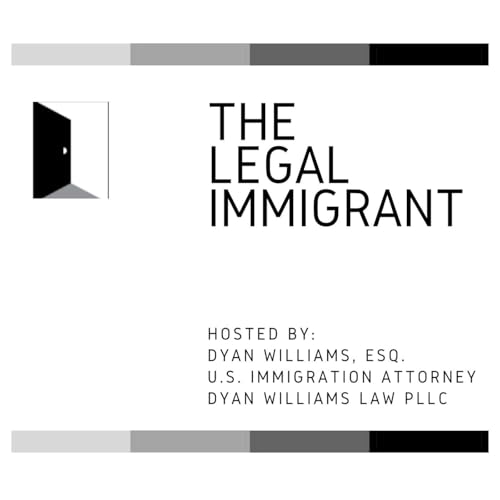The CDC has a new requirement that will affect all green card applicants. Starting October 1, 2021, intended immigrants must receive full doses of the COVID-19 vaccine to immigrate to the U.S. This new requirement affects eligibility for permanent residence on health-related grounds.
COVID-19 has been added as a Class A medical condition that bars a person from the United States. Class A inadmissibility includes a communicable disease of public health significance per regulations under the Department of Health and Human Services; and a failure to present documentation of having received vaccinations against vaccine-preventable diseases.
As of October 1st, the COVID-19 vaccine will be among the vaccines required for applicants to obtain lawful permanent residence, either through the I-485 green card application with USCIS or through an Immigrant Visa application at the U.S. Embassy.
Section 212(a)(1)(A)(ii) of the Immigration and Nationality Act states applicants for permanent residence must present proof that they are vaccinated against vaccine-preventable diseases, which include mumps, measles, rubella, polio, tetanus and influenza type B and hepatitis B, and any other vaccinations against vaccine-preventable diseases recommended by the Advisory Committee for Immunization Practices.
In episode 12 of The Legal Immigrant, you will learn:
1) The ACIP has now recommended COVID-19 vaccination for the age-appropriate, general US population. The CDC says this means the COVID-19 vaccination is now required to immigrate to the U.S.
2) The CDC does not recognize natural immunity. Its instructions state, “Laboratory tests for COVID-19 immunity must not be used for the civil surgeon exam. The applicant is required to receive the vaccine series regardless of evidence of immunity or prior COVID-19 infection.”
3) What is an acceptable COVID-19 vaccination and proof of vaccination
4) What is the COVID-19 vaccination requirement
5) What are the exemptions to the vaccination requirement: blanket waiver and individual waiver
6) If an applicant refuses one or more doses of a COVID-19 vaccine series and is not eligible for a waiver of this requirement, the civil surgeon will document the vaccine requirements as incomplete. On health-related grounds, the applicant will be deemed inadmissible for a Class A condition and will be found ineligible for permanent residence.
7) As of August 12, 2021, USCIS temporarily extended the validity period for Form I-693 from two years to now four years. For decisions on Form I-485 green card applications issued on or before September 30th, 2021, USCIS may accept an otherwise valid Form I-693 if:
- The civil surgeon’s signature is dated no more than 60 days before the applicant filed the I-485; and
- No more than four years have passed since the date of the civil surgeon’s signature
8) If you have weighed the risks and benefits, and do not want to take the COVID-19 vaccine for U.S. immigration purposes, you will have to get a completed medical exam report before October 1st. Then you must file your I-485 application within 60 days.
9) Starting October 1, all green card applicants will have to take the vaccine unless they qualify for a waiver or exemption.
This is general information only and is not legal advice. To request a consultation, you may submit an email to info@dyanwilliamslaw.com or online message at www.dyanwilliamslaw.com.
Resources cited:
- Delta Variant Is 'More Transmissible Than Ebola', And Vaccinated People May Also Be Highly Contagious - Health Policy Watch, July 30, 2021
- CDC Requirements for Immigration Medical Examinations: COVID-10 Technical Instructions for Civil Surgeons, August 17, 2021
- I-693, Report of Medical Examination and Vaccination Record - uscis.gov as of September 1, 2021
Dyan Williams, Esq.
info@dyanwilliamslaw.com
www.dyanwilliamslaw.com
 Jan 11 20267 m
Jan 11 20267 m 5 m
5 m 9 m
9 m 15 m
15 m Apr 16 20247 m
Apr 16 20247 m 19 m
19 m 10 m
10 m 15 m
15 m
